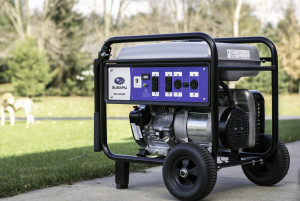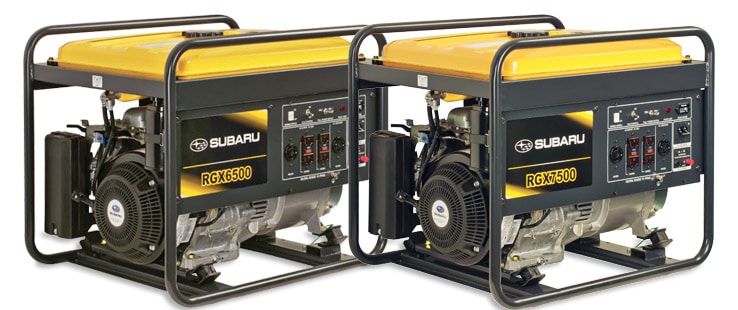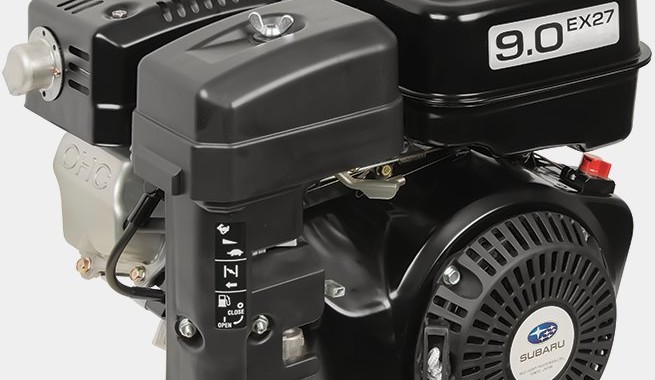Don’t get left in the dark when the next big storm hits.
You depend on having electricity, and a lot of it. In fact, the average household uses nearly 11,000 kWh per month. So when outages occur, it’s easy to feel like your entire life shut off.
Rounding up your family in the dark while searching for flashlights is difficult and stressful.
Trying to stay warm when sub-zero temperatures knock out the heat in the middle of a Midwest winter can be life threatening.
Dealing with the mess of ruined food when the refrigerator and freezer go without power gets both smelly and expensive.

A backup generator can be a real lifesaver in an emergency.
Having an emergency power source will not only put your mind at ease during severe weather, but it also can save you money — and sometimes, your life.
Equipping yourself with a backup generator keeps your home temporarily up-and-running during blackouts. But before you head out and buy the latest and greatest model, walk through your house and make a list of the appliances you’ll need during an emergency. Write down how much power each needs to run as well as to start. Some appliances require more wattage to start than to maintain power, and forgetting that piece of your list will cause trouble later.
As you do your inventory, keep in mind that some tools and appliances list power in amps and volts, rather than watts. A relatively simple calculation will convert these numbers into watts. If volts and amps are listed, multiply the two to determine the wattage: amps x volts = watts.
Your list might look like this:
| Appliance | Running Wattage | Starting Wattage | Number of Each in Use | Total Wattage Needed for Item |
|---|---|---|---|---|
| Refrigerator | 700 | 2,200 | 1 | 2,000 |
| 100 Watt Bulb | 100 | 0 | 5 | 500 |
| 200 Watt Bulb | 200 | 0 | 3 | 600 |
| 1/4 HP Furnace | 600 | 1,000 | 1 | 1,000 |
Total Wattage Needed: 4,300
Make sure to leave room for error and the possibility of additional power requirements. When doing calculations, add 10 percent to your total to ensure your generator can handle the load. In the above example, a generator that can handle 4,730 watts – or 4.7 kw – would be needed. A good option in this example is the SGX5000, which features 4,900 watts of reliable power.
Check out our generator calculator to see what size generator your home might need.
You can count on a Subaru generator to keep you going. Learn more about our lines of generators.




